 Liana Pereira
Liana Pereira
 Liana Pereira
Liana Pereira
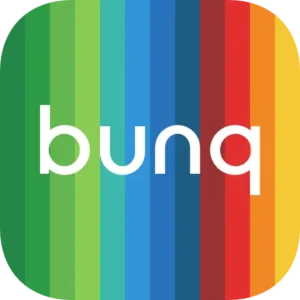
MyDutchWallet score
MyDutchWallet score
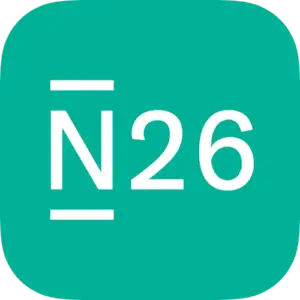
MyDutchWallet score
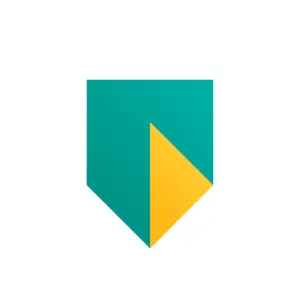
MyDutchWallet score
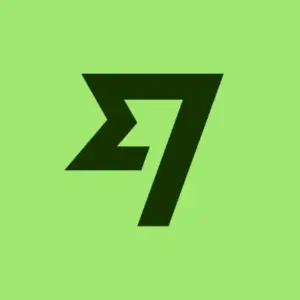
MyDutchWallet score

MyDutchWallet score
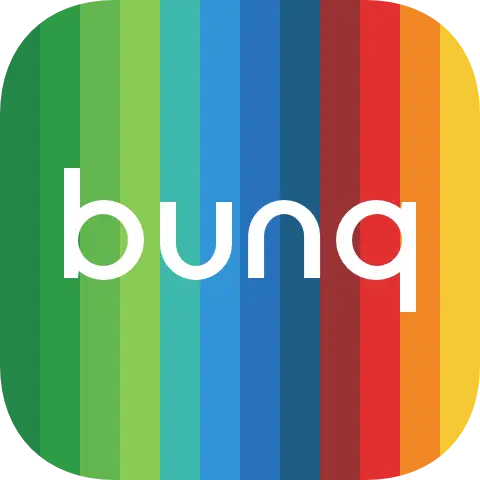
Coming soon

Coming soon
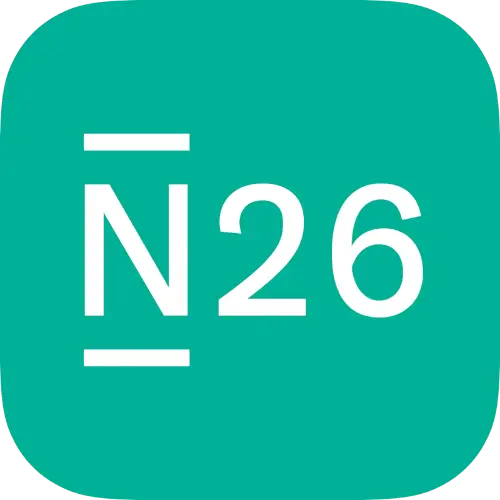
Coming soon
Coming soon
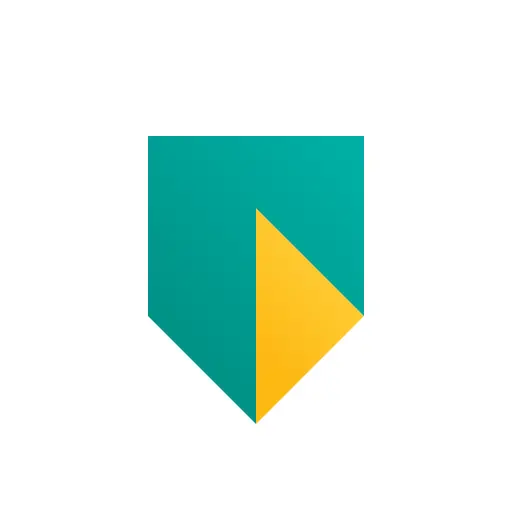
Coming soon
When it comes to selecting the right banking app, there are several key factors that internationals need to take into consideration:
Ideally, as an international, you’ll want a banking app that caters to your specific range of needs. A great example would be apps that offer English-language options, so you won’t need to navigate everything in Dutch.
Additionally, some apps even offer BSN-free banking, allowing you to open an account without requiring your citizen service number (burgerservicenummer or BSN) — a convenient feature if you're still waiting for your BSN or haven’t arrived in the Netherlands yet.
Most reliable banking apps come equipped with handy security features like two-factor authentication (2FA) and biometric login (face or fingerprint recognition).
These features offer far greater protection than your standard app password, ensuring that your financial data stays as secure as it can get.
As a foreigner in the Netherlands, you may find yourself making frequent international transactions or needing to hold cash in more than one currency.
If so, you’d want to check out apps that offer low-cost international transfers and allow you to open multi-currency accounts. Banks such as bunq, Revolut, and Wise all have great apps for those who frequently send or receive money from outside of the Netherlands.
Traditional financial institutions like ING, ABN Amro, or Rabobank may offer apps with fewer features, but these can be suitable if you’re looking for a more secure, traditional banking experience.When it comes to opting for a Dutch banking app, certain features are incredibly important for internationals.
With a Dutch banking app, you’ll have speedy access to your current account, virtual bank card, savings portfolio, and money transfer services (if you opt for an app with them!) all in one place.
Even better: many banking apps also come with investment opportunities, so there’s no need to download a separate app to build your portfolio of stocks, crypto, ETFs, and more.
This is especially convenient if you’re new to the Netherlands and don’t want to be switching between a dozen different apps each day.
Some banking apps, like bunq, Revolut, Wise, ING, and ABN Amro come with built-in money transfer capabilities.
This means you’re spared the hassle of needing to download extra apps for international transfers or rush to your local bank branch to organise a transaction.
Depending on which app you choose, you may even end up paying lower rates for transfers than you would if you had to organise one through your bank.
Most banking apps provide detailed overviews of your income versus expenses, allowing you to keep track of your spending and make smarter financial decisions.
Plus, if you have a business banking plan activated, several banks also offer handy invoicing features and accounting software integrations.
Security is a top priority in our digital age, and most banking apps are designed with features like two-factor authentication (2FA) and biometric login options (fingerprint or face recognition) to keep your data secure.
Mobile banking apps generally offer far more in the way of security features than traditional online banking portals, thanks to their multi-layered protection (which often includes 2FA, biometric login, and real-time fraud monitoring).
Convenient mobile payments: Use your smartphone for contactless payments in stores, restaurants, and public transport across the Netherlands.
Integration with Dutch payment systems: Easily utilise popular Dutch payment methods like iDEAL for secure online shopping and Tikkie for quick peer-to-peer money requests via WhatsApp.
Cost-effective international transfers: Services like bunq and Revolut offer competitive exchange rates and low fees, making it cheaper to send money abroad compared to traditional banks.
Multi-language support: Many banking apps offer services in English and other languages, making them accessible to internationals.
Quick account setup: Digital banks like bunq and N26 allow you to open an account online without immediately requiring a Dutch citizen service number (BSN), which is beneficial for newcomers.
Limited physical branches: Many mobile-first banks, such as bunq and N26, operate primarily online, which may be inconvenient if you prefer in-person banking services.
Potential compatibility issues: Some Dutch merchants may not accept certain international bank cards, leading to occasional payment challenges.
Security concerns: Mobile devices can be vulnerable to hacking and phishing attacks, potentially compromising sensitive financial information. Choose a bank with strong security to mitigate this issue.
Dependence on internet connectivity: A stable internet connection is essential for mobile banking; poor connectivity can hinder access to your accounts.
Learning curve: Users less familiar with technology may find mobile banking apps challenging to navigate.

Security can be a major concern when it comes to financial apps, especially if you're accustomed to banking on the go and accessing unsecured Wi-Fi networks. Always look for apps with solid security measures, such as two-factor authentication (2FA) or a biometric login.
Liana Pereira, Finance EditorYes, most Dutch banking apps offer English-language options.
Thanks to advanced security features like biometric login, 2FA, and encrypted data, banking apps are often safer than online banking portals.
Yes, non-residents can open a savings account in the Netherlands, but the process and requirements may vary depending on the bank and its policies. Some banks might require you to show a proof of residency for a different country in the European Union.
You also may be asked to provide additional information such as a proof of source of income, or to make an initial deposit.
Deciding which Dutch bank is best will depend on your specific list of requirements. For example, certain banks (like N26, Revolut, ING, and bunq) have excellent business banking features. Some (like bunq, Revolut, N26, and Wise) are ideal for internationals that make a lot of foreign transactions.
All Dutch mobile banking apps are free to download, but most belonging to traditional Dutch banks (such as ING, Rabobank, and ABN Amro) require you to pay for a bank account in order to use them.
In contrast, neobanks like bunq, Revolut, and N26 allow you to create a free bank account in the app.
Generally, you will need your BSN (citizen service number) and you may also be asked to provide a valid form of identification, such as a passport or ID. In certain cases, a bank will also ask you for your legal address to determine that you reside in the Netherlands and some proof of income.
Yes, most Dutch banking apps offer features to save and invest.
Yes, all Dutch banking apps come with budgeting tools. However, certain banks offer more in-depth budgeting tools than others.